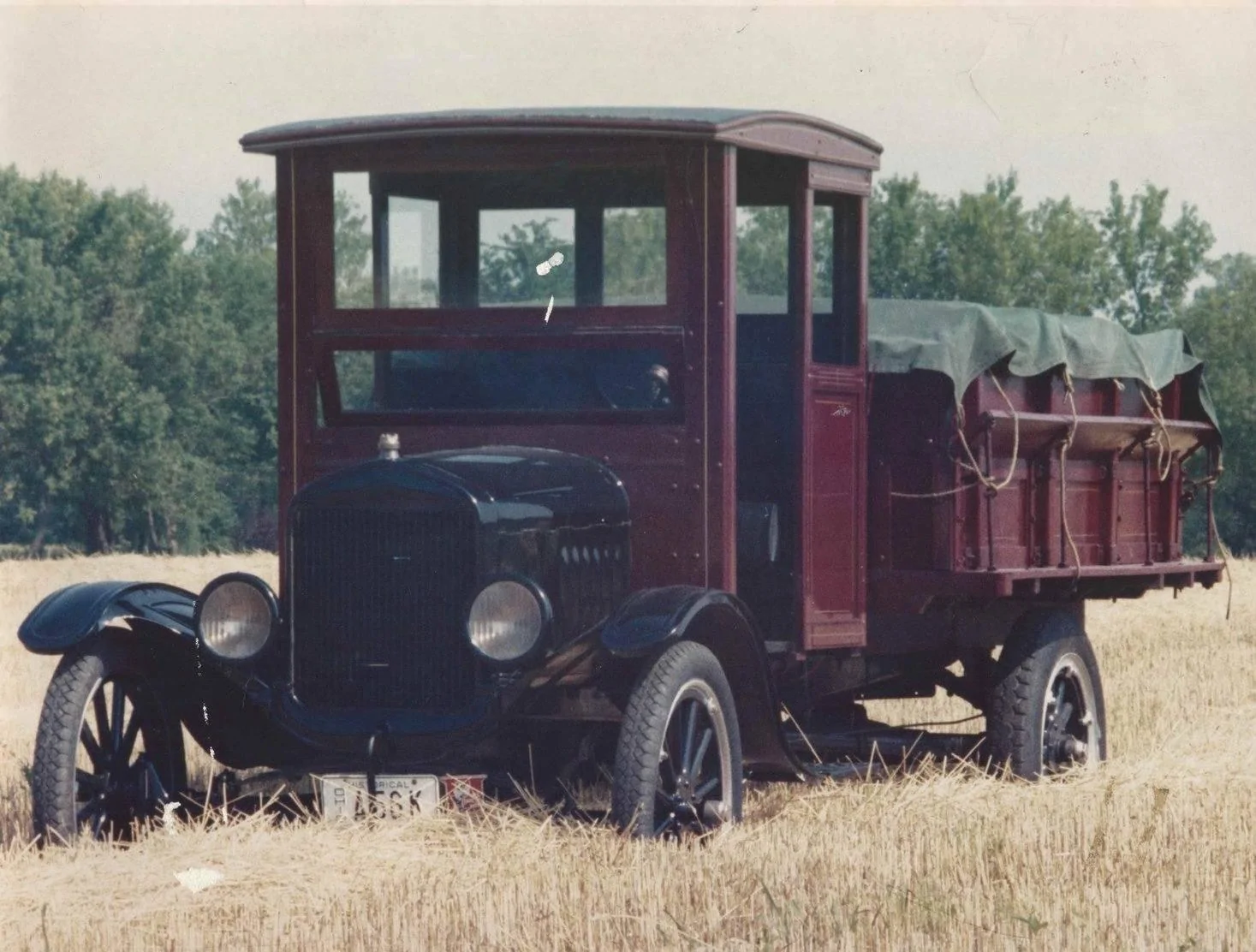ExCivilian
Well-known member
The discussion was about Roadsters specifically. If you want to expand the conversation to all Teslas generally that's fine but it's a different conversation. I don't think you'd want to do that, though, because those data don't support your point. While there may exist "many" Teslas on the road with over 200,000 miles it seems like you haven't looked up how many there are or how many there are relative to the Teslas that have experienced failures and can't make any other conclusions other than your personal opinion that it seems like a lot. The research on this that is emerging indicates somewhere around a ten-year failure rate at higher than expected numbers, which makes sense since everyone here can hopefully understand that manufacturers aren't going to spend extra resources to ensure batteries remain viable much longer than their warrantied period.Where do you get the facts that that only 1/2 are on the road. There are many Tesla's on the road with 200,000+ miles and the batteries are fine if you take care of them.
If Ford is replacing battery modules "all the time with no issues" that's a huge problem for the "batteries have long lives no worries here" crowd for what should be obvious reasons...regardless, the modules they are replacing and the packs they are placing them in are relatively close to one another in age and few of us in this thread know the process the techs use to install them. What little I know about the process leads me to conclude it isn't as simple as opening the pack and dropping new cells in--that would lead to cell imbalance, which anyone interested in the facts would have looked up by now instead of arguing with me. That said, it's important to note we aren't discussing in-warranty failures since those EVs were deliberately excluded from the cited studies. If we include them, the failure rate becomes much greater than 30%.Also, Ford designed the battery in separate packs and they replace individual modules all the time with no issues. The older Tesla’s have to be replaced as a full battery and the new Tesla’s with the battery as part of the frame, good luck.
While the greatest damage to batteries occurs because of heat, in a conversation about using batteries over forty years the more relevant factor becomes time because one can control all the variables you described and the battery will still degrade over time at a roughly consistent rate and isn't damaged much more or less than a battery that didn't control those variables over the same time frame. This conversation took place in the context of an in-service battery over 40 years, which would make the time variable much more salient than the state of charge variable. Additionally, the reason those Teslas you referenced with viable batteries after 200,000 miles were in the news was because they had utilized the fast charging network frequently and they were used to demonstrate that fast charging, done correctly, does not damage batteries as initially feared. Again, this technology is not esoteric and the principles are well-known and documented.The greatest damage to batteries occurs when folks charge to 100% all the time and leave it sit charged at 100%. Also charging at superchargers is very hard on the batteries due to how fast they charge and the heat generated. Even Tesla recommends folks to not use superchargers as their only charging method but unfortunately their sales folks sell them to folks who don't have access to home chargers, IE: apartments and etc. Even my 6 month old Samsung phone instructions recommends charging to 80% in order to make the batteries last.
Again, I suggest you conduct some rudimentary research before disputing this point. Now, I've done my research before I posted my points and my opinion is that you are answering off-the-cuff because the points I've raised are well-documented and generally well-known already. If you want to hold your opinions in spite of these data that's fine but you and I both know you haven't researched your opinion before disputing what I wrote.
Sponsored
Last edited:


